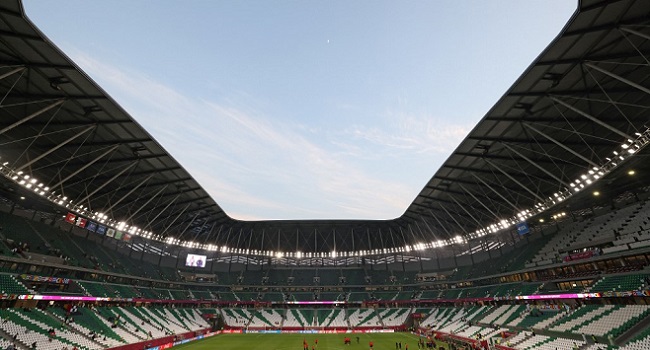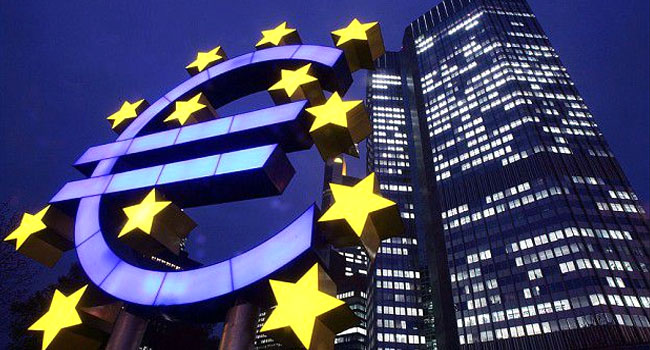South Africa’s central bank has warned citizens against scammers visiting homes to “recall” banknotes and coins they said were contaminated with the novel coronavirus.
The criminals carried fake identification badges and provided false receipts to victims, who were told they could exchange the slips for “clean” cash at any bank.
The bank said in a statement issued late Monday that it had “neither withdrawn any banknotes or coins nor issued any instruction to hand in banknotes or coins that may be contaminated”.
“There currently is no evidence that the COVID-19 virus is transmitted through the use of banknotes and coins,” said the statement.
To date, South Africa has recorded 62 cases, the second-highest number of coronavirus infections in Africa after Egypt.
Officially known as COVID-19, the virus has infected almost 180,000 people worldwide and killed more than 7,000.
President Cyril Ramaphosa has announced the closing of schools and banned public gatherings after numbers more than tripled over the weekend.
Foreign nationals from highly-affected countries will also be denied entry from Wednesday, as the majority of South Africa’s cases had recently travelled abroad.
Tricksters took advantage of nervous citizens on Monday, as many people remained home and rushed to supermarkets to stock up on groceries.
South Africa’s biggest private healthcare provider Netcare warned that thieves, masquerading as doctors screening for coronavirus, were going around trying to gain access into people’s homes.
“Criminals are going to homes in various areas claiming to be from Netcare… with door-to-door screening for COVID-19,” said a statement by the Netcare group.
“Please note that staff… are not doing door-to-door COVID-19 screening.”
-AFP





